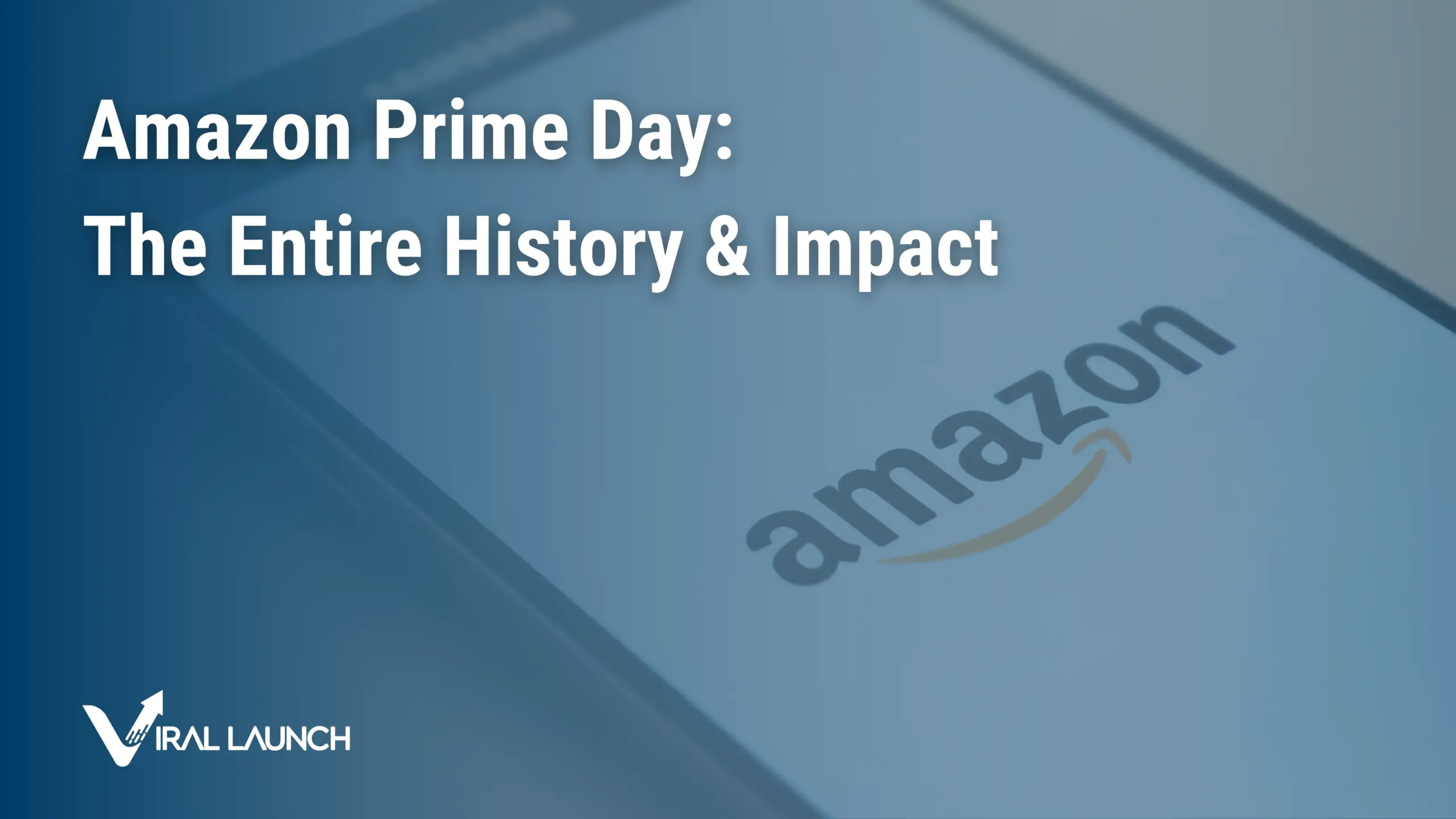Amazon’s move from garage-based book seller to massively successful global ecommerce giant has inspired countless entrepreneurs to sell products through the Amazon marketplace. With a good product, tireless work ethic, and a dose of luck, you could be the next Amazon seller success story. But getting Amazon seller taxes wrong can undermine your business’s success. Here’s everything you need to know about sales tax compliance to ensure you’re starting off on the right foot.
The changeable nature of sales tax
Sales tax, rates, rules, and product taxability change frequently at the state, and in some cases local, level. Though tax authorities do their best to disseminate information to taxpayers, the burden of keeping informed and complying with new rates and regulations falls squarely on the shoulders of the seller. If you make a mistake, even due to ignorance, you’ll likely pay the price.
A need for revenue
Due to a 1992 Supreme Court’s ruling, Quill Corp. v. North Dakota, a state cannot oblige a business to collect and remit sales tax unless it has a substantial physical connection to the state, or nexus. Consequently, although consumers are buying more online, state and local sales tax revenue is not seeing a corresponding increase. According to a report by the U.S. Government Accountability Office (GAO), states lost approximately $13 billion in 2017 to untaxed remote sales.
In response, states are aggressively redefining nexus to include ties to in-state affiliates, economic activity, warehouse inventory, web cookies, and more. Many of these laws impact Amazon sellers. Since Amazon now collects sales tax on its own products in all states with a sales tax, states stand to gain the most — approximately $6 billion in 2017 — by taxing its marketplace sales.
States eye marketplace sellers
Different states are taking different tactics to acquire that revenue. For example, Massachusetts is trying to get Amazon to identify its marketplace sellers, while South Carolina is suing Amazon for uncollected tax on its marketplace sales. Virginia law now holds that storing goods in an in-state warehouse is enough of a connection to mandate tax collection, so you better know where your inventory is stored. And as of Jan. 1., 2018, Washington is requiring Amazon to collect and remit tax on its marketplace sales.
While some states are being sued over their efforts to tax remote sales, they’re undeterred. In fact, South Dakota created an economic nexus law with the express purpose of challenging Quill’s physical presence standard. It’s on the steps of the Supreme Court now, and if the court takes the case, it could overturn Quill and grant states the right to tax remote sales.
Getting Amazon Sales Tax Right
Given the current climate, it’s essential for all Amazon sellers to track state efforts to tax marketplace sales. Equally important is the need to understand the risks of not collecting tax. The more aggressively states pursue tax revenue from third-party sellers, the more you can expect to spend on audits and assessment-related costs. According to the GAO report, small and medium-sized businesses could be audited “should states gain the authority to tax remote sales.”
Avalara automates the complexities of collecting and remitting Amazon sales tax, so compliance doesn’t have to be a nightmare. Click here to learn more about how Avalara works with Amazon sellers.





